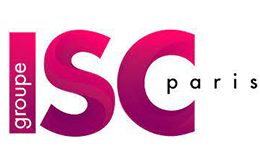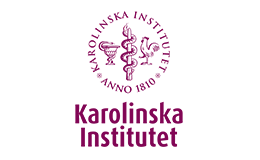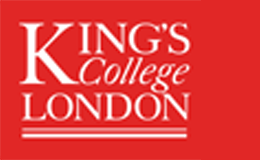How to Study in Sweden - Study in Sweden Counseling & Guidance - Study in Sweden Consultants
Consultants for studying Masters - MS/MBA in Sweden

1. Can international students study bachelors in Sweden?
Answer. Yes. To apply for a Swedish university you must have completed your high school education or possess a bachelor’s degree for graduation and post-graduation courses respectively. However, in both cases, you must provide proof of proficiency in the English language through internationally recognized tests like TOEFL, IELTS, etc. .
2. Is IELTS required to study in Sweden?
Answer. For successfully applying to a Swedish university, an IELTS score is required. Swedish universities require all their applicants including international students to have English language skills which count as one of the general requirements for admissions. However, there are no language requirements for a study visa for Sweden. .
3. Is TOEFL required to study in Sweden?
Answer. TOEFL may not be required for applying for a bachelor’s degree in Sweden but it is an important requirement while applying for a master’s degree in Swedish universities. However, if you have enough proof of your English proficiency and acquired your previous education in English, then you may not be required to take TOEFL. Check the university websites to know about specific English proficiency requirements. .
4. Which are the best universities in Sweden?
Answer. Karolinska Institute, Lund University, Stockholm University, KTH - Royal Institute of Technology, Uppsala University, Chalmers University of Technology,
University of Gothenburg, Umea University and Swedish University of Agricultural Sciences are among the top universities in Sweden. .
5. What are the best programs to study in Sweden?
Answer. In Sweden, you can study programs in Agriculture, Caring Sciences and Nursing, Industrial Design, Mechanical Engineering, Political Science, etc. Also, specific courses like MA Fine Arts, Master’s in Leadership and Management in International Contexts, and Master’s in Eco-technology and Sustainable Development are some of the best and popular courses in Sweden. .
6. Can I study a Ph.D. program with funding in Sweden?
Answer. Yes. The universities in Sweden which are state-funded do not charge fees for Ph.D. students. Swedish Institute (SI) is the major source of funding for international students in Sweden. Other than study grants, you may also get other scholarships for a Ph.D. study in Sweden from academic organizations and research charities depending on your Ph.D. subject. .
7. Why is Sweden one of the best countries to pursue a Ph.D.?
Answer. Tuition cost is free for almost all the Ph.D. programs in Sweden. Along with this, some scholarships also cover living costs which is why students prefer Sweden for their Ph.D. study. Further, Lund University and KTH - Royal Institute of Technology are some globally known universities in Sweden also recognized by QS rankings.
8. Which language exams do I need to take to study in Sweden?
Answer. Generally, all the internationally recognized English language tests like IELTS, TOEFL, Cambridge Michigan language assessments, and PTE academics are accepted in Sweden. Most Swedish universities also judge English proficiency based on the levels called – English 5, English 6, and English 7. .
9. Is studying in Sweden expensive?
Answer. Tuition and living cost is considered more feasible in Sweden compared to other countries or study destinations offering top-level education. Also, there are a number of scholarships offered at most of the universities that help students to cover their finances. However, living in cities like Stockholm and Gothenburg may be a little more expensive than living in other cities in Sweden.
10. How much do international students get paid in Sweden?
Answer. An international student working part-time while studying can make up to 8000 – 10,000 SEK per month with a 20-30% tax deduction and it goes to around 15,000 SEK per month if she/he can work full time. However, 40 hours of study/lectures per week is compulsory for students so full-time work can be done during summer or winter breaks.




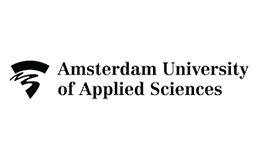
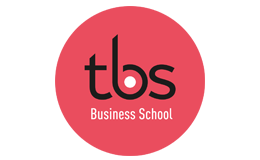
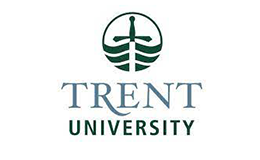
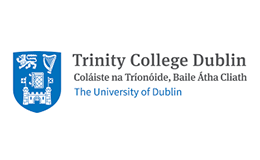



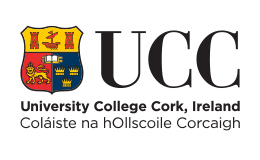

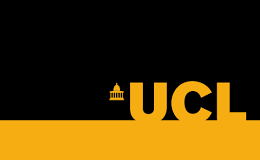




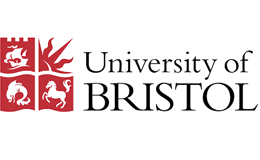
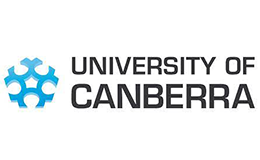




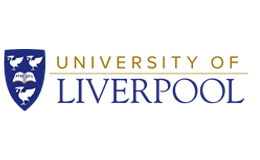

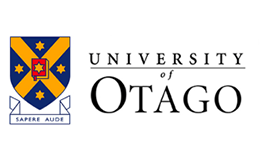
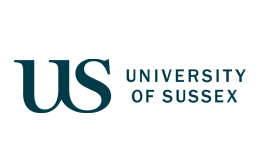
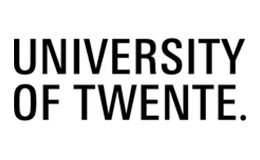

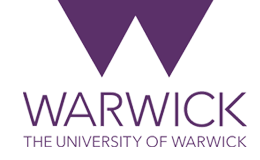

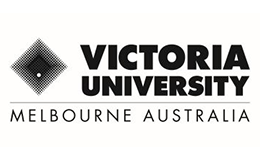




.png)
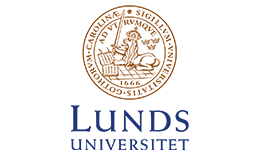
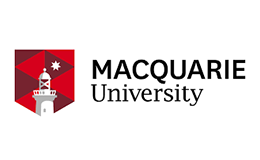
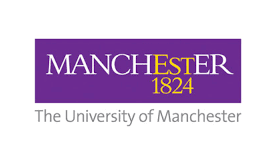

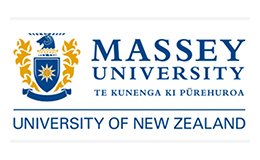
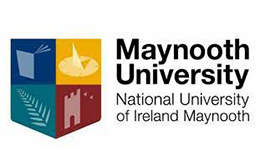

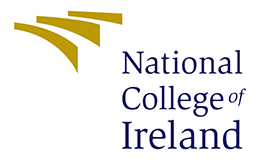
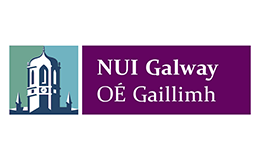
.png)



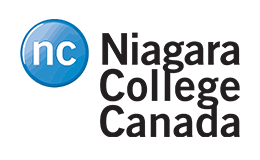
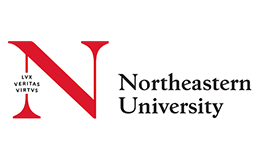













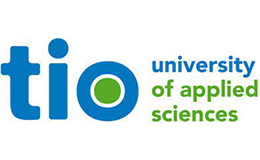

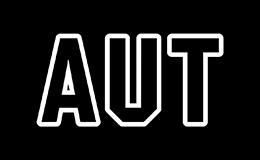
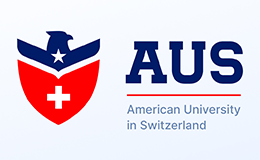
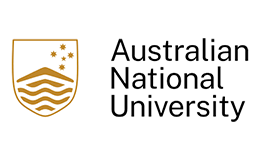

.png)






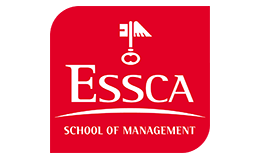



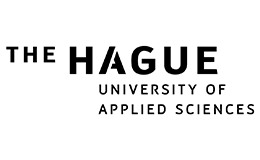




.png)
